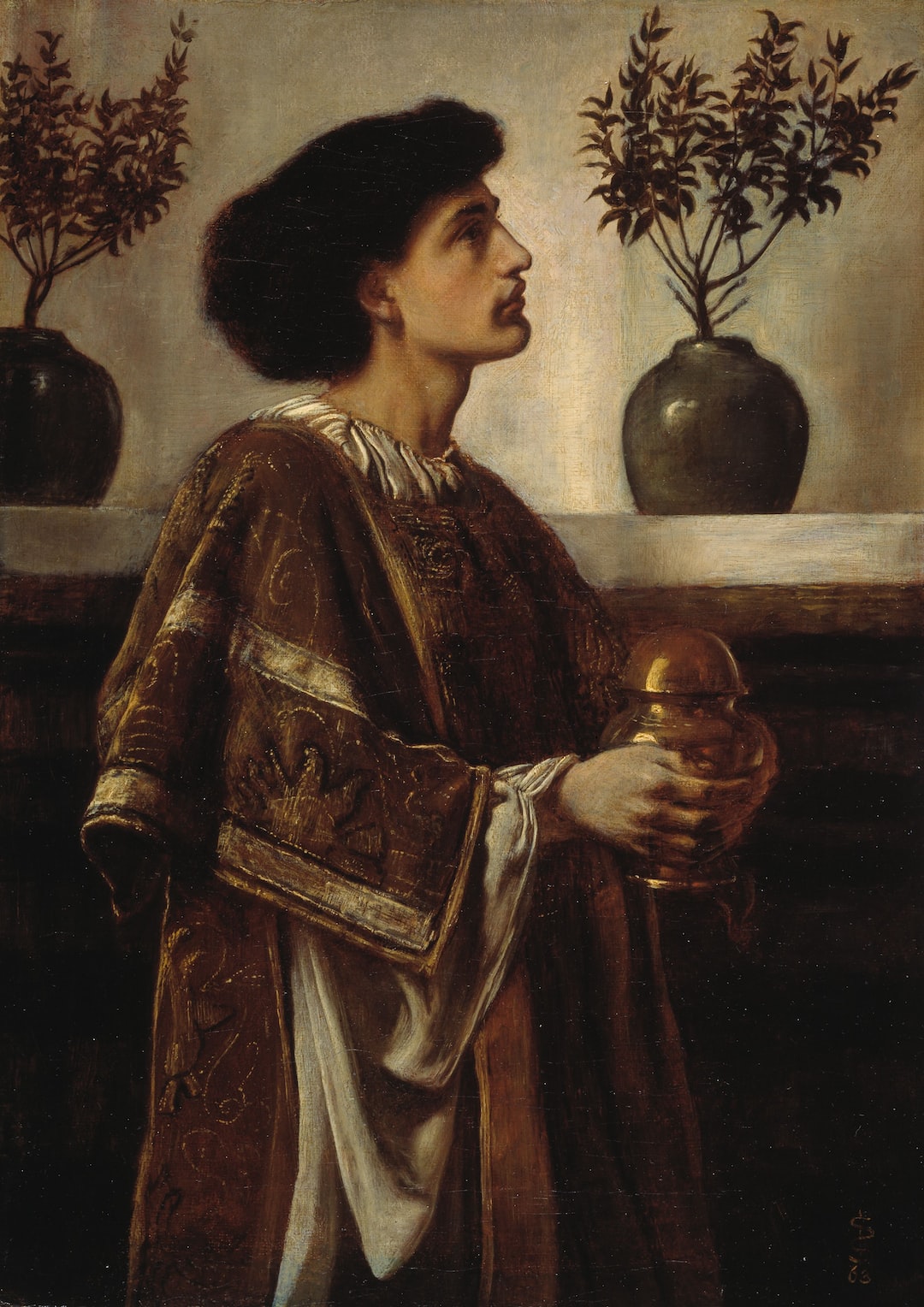Exploring the Concept of Divine Intervention
Throughout human history, the concept of divine intervention has captivated the minds and hearts of people across various cultures and religions. It is a belief that a higher power – be it a god, goddess, or supreme being – actively intervenes in the affairs of the world to bring about change or influence events. While skeptics may dismiss this notion as mere superstition, a closer examination reveals that the concept of divine intervention holds significant weight and importance for many individuals.
At its core, the concept of divine intervention represents the belief that there is a force beyond human comprehension guiding the course of events. Whether it is in times of great distress or moments of triumph, this force is thought to have the ability to shape the outcome in a way that aligns with its divine plan. This concept is universal and can be found in various religious traditions, including but not limited to Christianity, Islam, Hinduism, and ancient mythologies.
One of the most well-known examples of divine intervention is found in the story of Moses and the parting of the Red Sea. According to the biblical account, the Israelites were trapped between the pursuing Egyptian army and the impassable sea. In their moment of desperation, divine intervention occurred as God intervened and caused the sea to part, allowing the Israelites to escape and subsequently drowning the pursuing Egyptians. This extraordinary event is seen by many as evidence of a higher power directly intervening in the course of history.
Similarly, in Greek mythology, the Olympian gods often intervened in the lives of mortals, whether to reward or punish. For instance, in Homer’s epic poem, “The Iliad,” the god Apollo intervenes in the Trojan War by sending a plague upon the Greeks as punishment for Agamemnon’s disrespect to one of his priests. This event not only showcases the belief in divine intervention but also highlights the gods’ personalized interest in human affairs and their ability to exert their influence on mortal lives.
In contemporary times, the concept of divine intervention continues to resonate with believers. Many individuals attribute personal healings, miraculous recoveries, or unexpected blessings to the intervention of a higher power. These experiences often form the basis of religious faith and reinforce the idea that there is a divine force at work in the world, whether seen or unseen.
However, one may question the validity of divine intervention in a world governed by scientific advancements and rational thinking. Skeptics argue that the belief in divine intervention is simply a product of human psychology, a way to find solace and meaning in a chaotic world. They propose that these incidents can be better explained through naturalistic phenomena or mere coincidence.
While it is true that certain occurrences may have logical explanations, the concept of divine intervention transcends the boundaries of science and rationality. It speaks to the innate human desire to seek something greater than oneself, to find purpose and meaning in a world that often seems random and unpredictable. Divine intervention provides a sense of hope, comfort, and reassurance that there is a guiding force, no matter how mysterious, that is actively involved in the events of our lives.
The belief in divine intervention also serves as a moral compass for many believers. It reinforces the idea that actions have consequences and that a divine power holds individuals accountable for their choices. This belief in a higher authority can contribute to the development of empathy, compassion, and ethical behavior, as believers strive to align their actions with the will of the divine.
In conclusion, the concept of divine intervention remains an intriguing aspect of human beliefs and religious traditions. Whether in ancient mythologies or contemporary faith, the idea of a higher power actively participating in the affairs of the world resonates deeply with individuals seeking meaning and purpose. While the debate regarding the existence and extent of divine intervention will continue, it is undeniable that this concept has played a significant role in shaping human history and continues to inspire countless individuals in their spiritual journeys. It is an exploration of the divine, an ever-present reminder that there is more to this world than what meets the eye.

